Kennel Cough Treatment Tips For Dogs: Causes, Symptoms & Prevention

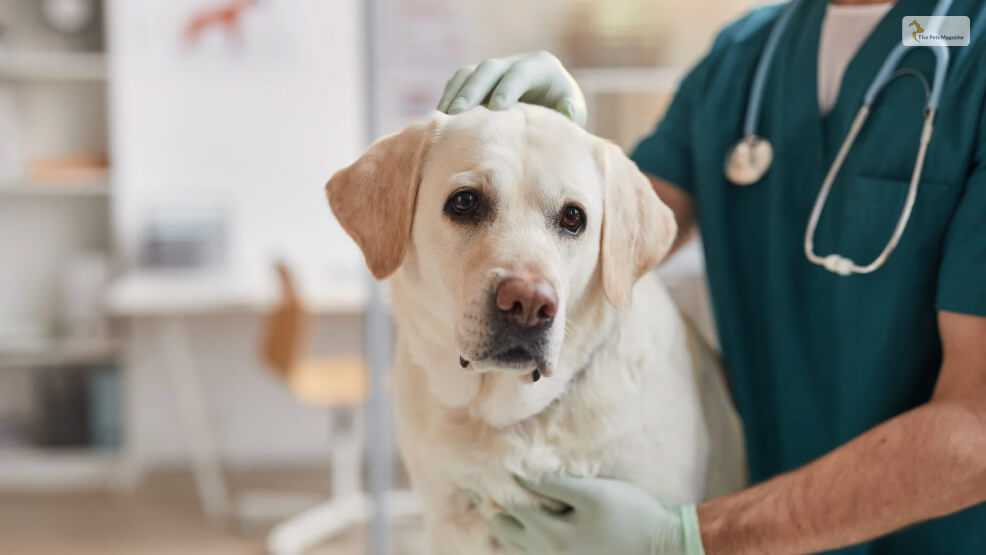
If you don’t know what Kennel Cough is, then for your convenience, we are here to let you know. Kennel Cough, or Canine Infectious Tracheobronchitis, is a very contagious disease in the respiratory system of dogs.
The disease is known as kennel cough because the dogs contract this disease at a place where a large number of dogs stay for a long period of time.
This highly contagious disease spreads from one dog to another through droplets or contaminated surfaces.
So if you are a first-time pet owner, then you might wanna know more about this Kennel cough and the Kennel cough treatment, then just keep on scrolling through this article.
Is Kennel Cough In Dogs Serious?
If your dog is affected by kennel cough, then you should be glad that, according to veterinarians, kennel cough is not a serious disease. A majority of the dogs dealing with kennel cough treatment usually recover and live happy life.
Although the sore throat and irritation in the trachea can become a problem with regular sleeping and eating. But if the severity increases and pneumonia set in, then it can be a problem, as the immune system gets weakened from the disease.
And if suppose your dog contract pneumonia, then it might have serious aftereffects and complications, and the condition can be serious. In such a case, immediate veterinary attention is required.
Common Symptoms Of Kennel Cough
When it comes to the symptoms of kennel cough, then these common symptoms are as such.
- Hacking cough, which is a persistent dry cough.
- Retching, which produces a white foamy substance.
- Tracheal sensitivity.
- Intense coughing keeps you and your both awake the whole night.
These are some of the more severe symptoms of kennel cough that you should know about to check if your dog has them or not.
- Loss of appetite.
- Lethargy.
- Fever.
- Labored breathing.
Causes Of Kennel Cough
When it comes to the causes of kennel cough, then there can be many causes that might cause kennel cough. Such as viruses from other affected dogs and inhaling aerosol bacteria.
These bacteria and viruses can easily transfer from one dog to another through sneezing, coughing, and touching infected water or food bowl.
But one of the most common ways from where your dog can get infected with kennel cough is from crowded places with moist and warm air and bad airflow, such as,
- Boarding Kennels
- Animal Shelters
- Dog Parks
- Doggy Daycare Facilities
- Grooming Facilities
How Is Kennel Cough Treatment Done?
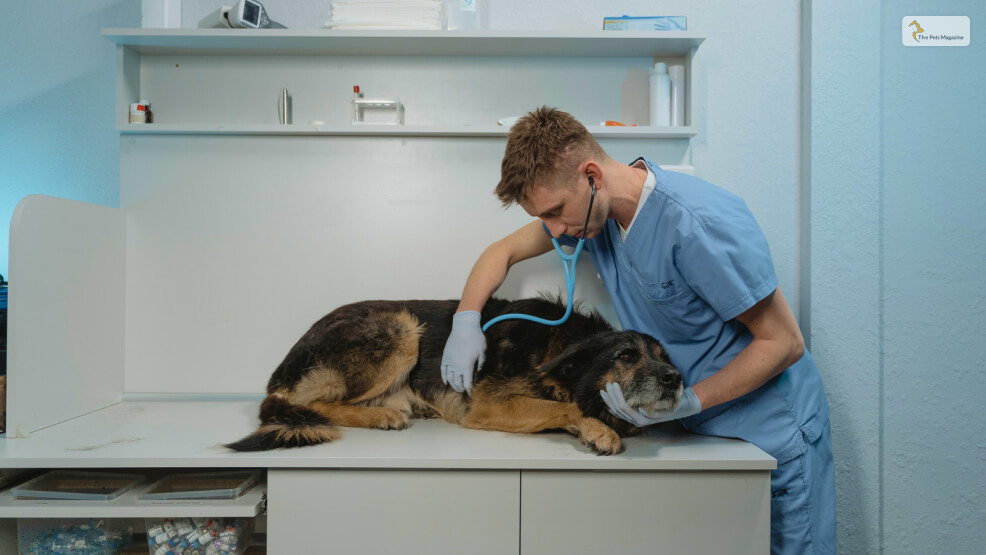
Now that you got to know all about the disease Kennel cough, it is now time to know the very important Kennel cough treatment. But first and foremost, you should never use a leash or collar while your dog is in the recovery process.
So if you are taking your dog for a walk, then the best alternative would be a body harness since the leash and collar would put pressure on their trachea, which will, in turn, cause more coughing.
In milder cases of Kennel cough, you can only resort to rest, giving nutritious food, hydrating your dog, and giving them all your focus. But first and foremost, consult your vet for a thorough check-up.
When it comes to Kennel cough, there are different severity of the disease. The different severity and it’s effects are as follows.
• Severe Cases Of Kennel Cough
In severe cases when your dog becomes really sick, then the symptoms of such kennel cough are very lethargic, coughing and refusing to drink any water.
But if suppose your dog develops a serious case of pneumonia, then the Kennel cough treatment are.
- Antibiotics
- Intravenous Fluids
- Hospitalization
- Possibly Oxygen Therapy
With treatments like these, the cost will rise over $1,000, depending on the days your dog is hospitalized.
• Mild Cases Of Kennel Cough
If the severity of kennel cough is not as much, then for such milder cases of kennel cough, the symptoms are mostly coughing.
But the kennel cough treatment for milder kennel cough is not putting a collar or a leash on your dog, as it might hurt their trachea by putting pressure on it and cause more coughing.
Are There Home Remedies For Kennel Cough In Days?
If your dog has a mild case of kennel cough, then with the right guidance, you can treat a kennel cough with only home remedies as well. These home remedies can reduce the severity of the cough and, at the same time, soothe the trachea of your dog.
1. Add Honey To Warm Water

One of the best home remedies that are great for kennel cough treatment will be great for soothing your dog’s affected throat is using honey and warm water.
To make the mixture, add about ½ or 1 tablespoon of honey and mix that in a bowl of little lukewarm water.
If you offer this mixture to your dog about three times per day, then the coughing would soothe quite a bit.
2. Use A Humidifier
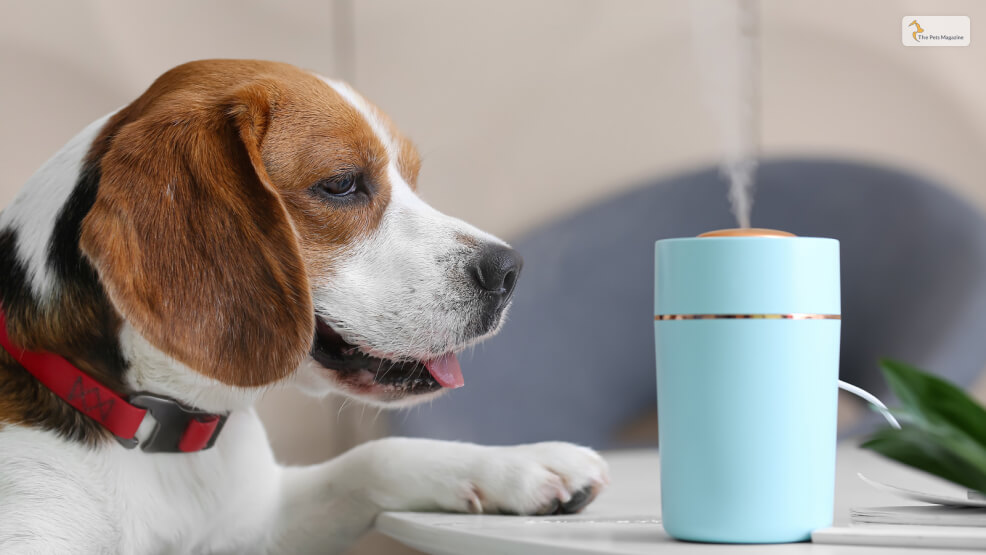
If your has trouble breathing, then, to make it easier for your dog to breathe, you can buy a humidifier and keep it near your dog’s resting place.
What the humidifier does it that it moistens the air and makes it easier to breathe so that it won’t irritate the respiratory tract.
3. Use Your Shower To Do Steam Therapy
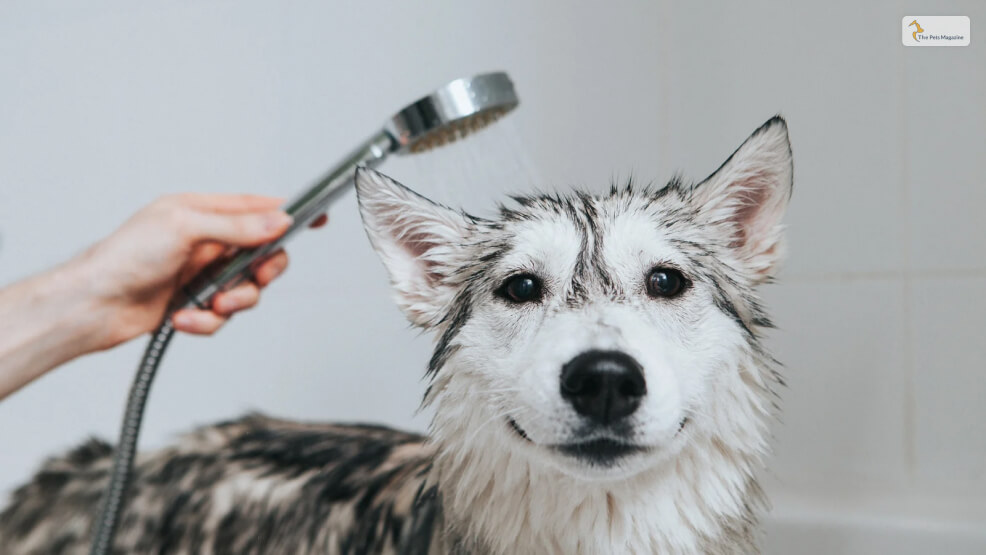
If you have a steamer or like to take hot showers or even baths, then that will help your dog as well. While taking hot steam, you can make your dog sit outside the shower, and then he can take in the steam to decrease their respiratory irritation.
4. Make Sure Your Dog Is Getting Plenty Of Rest
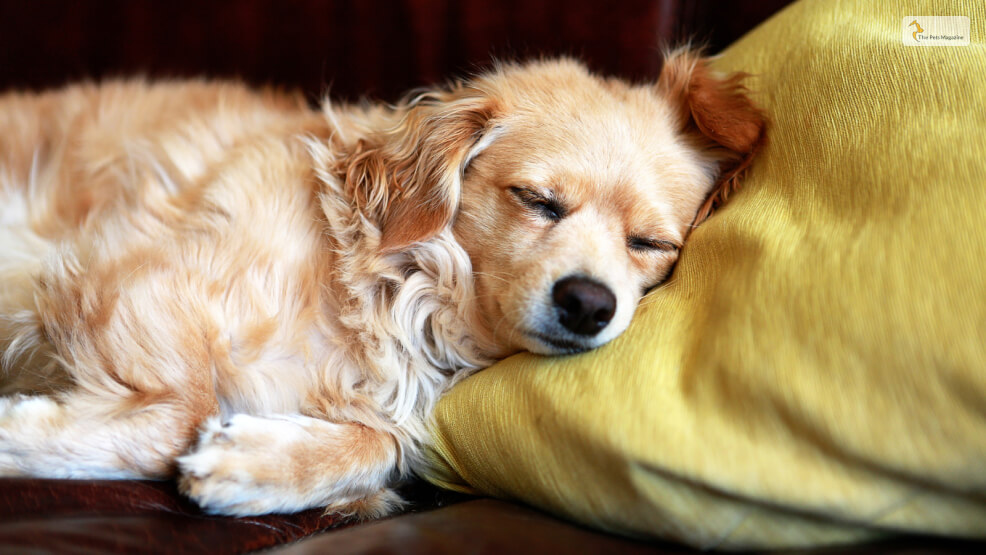
One of the most important thing that you need to ensure is that your dog gets a lot of rest while they are affected by kennel cough treatment.
When they are recovering, it is quite important not to let them be agitated and excited. If the cough is severe, then going for walks to get exercise is also not advised.
Keep them hydrated
If your pup is suffering from kennel cough, it is important to take care of their drinking habits. Make sure they are drinking enough water. This will flush the toxins out of their body, which will help them to recover fast from the virus.
If you find that your dog is refusing to drink water, give them ice cubes, and they will chew them for a long time. You could add a little bit of chicken broth to their water, which will make it more flavorful, and they will enjoy it as well.
Do Not Expose Them to Irritants and Smoke
It is best to keep them away from smoke or other kinds of irritants when your dog is just recovering from kennel cough. If their airways get affected by these chemicals, it might worsen the situation. Also If you smoke, then try not to smoke in front of them, and do not let them come close to you while you are smoking.
If you are cleaning your house, then get them to a separate room. House cleaning substances often have harmful chemicals in them, which might affect them badly.
Give Your Pooch a Cough Suppressant
If you find your dog coughing too much, you might consider giving them a cough suppressant. But in general, cough suppressants should be given after consulting with a vet, and they are only used for a short period of time. A vet would be able to determine the correct medicine and the exact dosage.
Antibiotics
Kennel cough is a condition that is caused by viruses, so giving them antibiotics would not always help. But to know the clear that, it is best that you contact your vet and ask for a consultation. They will decide if your dog needs it, depending on their condition to prevent them from any kind of secondary infection.
What Are the Specific Risks of Untreated Kennel Cough?
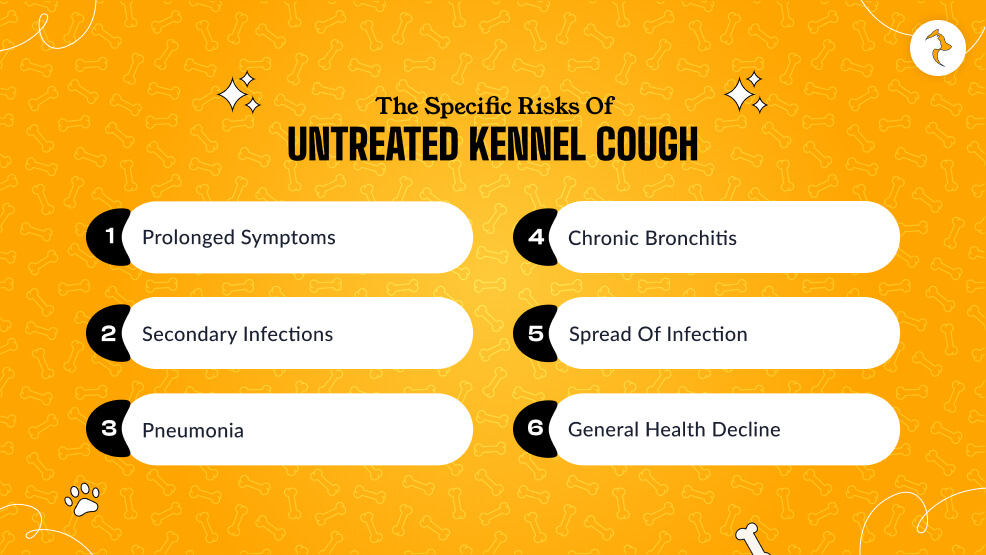
Untreated kennel cough can lead to several serious complications, especially in dogs with weakened immune systems, such as puppies, older dogs, and those with underlying health conditions. Here are some specific risks:
1. Prolonged Symptoms
Without treatment, the symptoms of kennel cough, such as a persistent, harsh cough, can last much longer and may worsen over time.
2. Secondary Infections
Kennel cough can weaken your dog’s immune system, making them more susceptible to secondary bacterial infections like pneumonia or bronchitis. These infections can be life-threatening if not addressed promptly.
3. Pneumonia
One of the most severe complications of untreated kennel cough is pneumonia. Symptoms of pneumonia include labored breathing, a moist cough, high fever, and nasal discharge. This condition requires aggressive treatment and can sometimes necessitate hospitalization.
4. Chronic Bronchitis
Chronic bronchitis can develop as a result of prolonged inflammation in the airways, leading to persistent coughing and respiratory issues.
5. Spread of Infection
Kennel cough is highly contagious. If left untreated, an infected dog can easily spread the disease to other dogs, especially in environments where dogs are in close contact, such as kennels, dog parks, and grooming facilities.
6. General Health Decline
Persistent coughing and discomfort can lead to a decline in your dog’s overall health, including reduced appetite, lethargy, and weight loss.
To prevent these complications, it’s important to seek veterinary care if your dog shows symptoms of kennel cough. Treatment typically includes rest, supportive care, and sometimes antibiotics to prevent secondary infections. Vaccination is also a key preventive measure, especially for dogs that are frequently exposed to other dogs.
Wrapping Up!
Now that you know what is kennel cough, its causes, and also the kennel cough treatment, then you need to be aware that your dog doesn’t get affected by the cough.
So if you think this article was quite helpful for you, then give us a like and comment down below about your experience with your dog suffering from kennel cough disease.
Read Also:





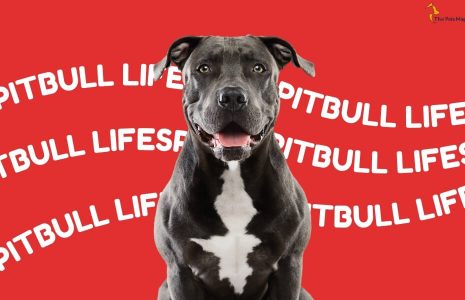
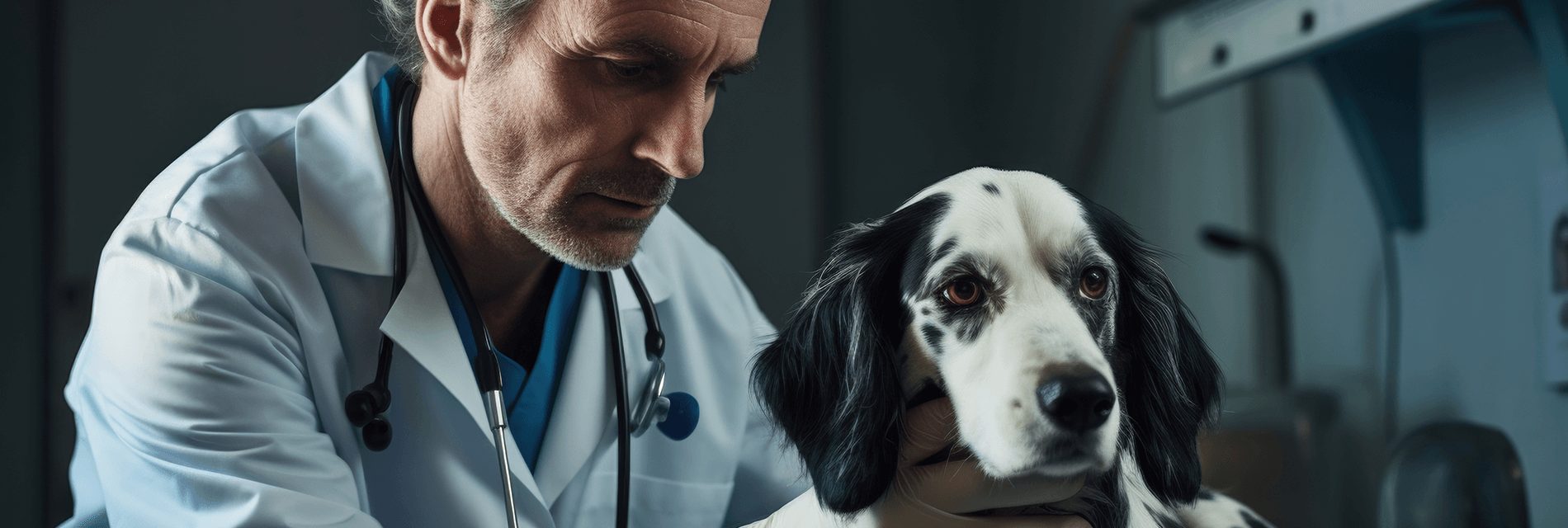

Leave A Comment